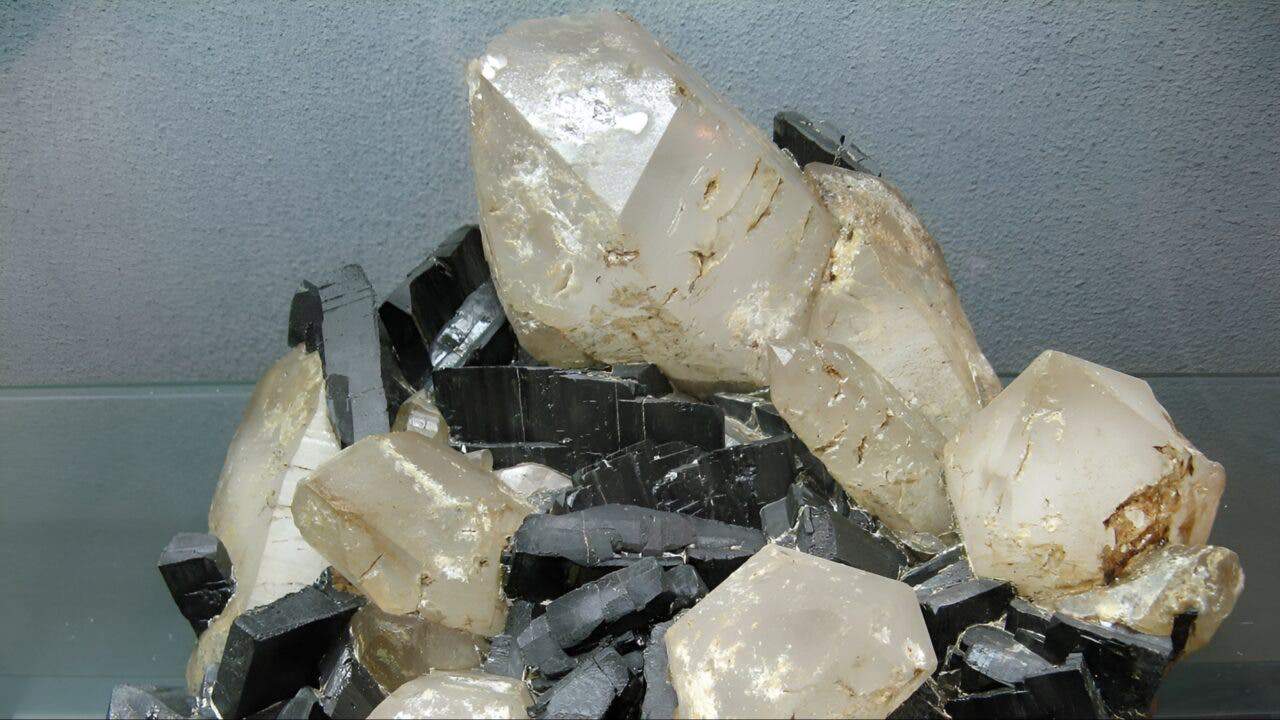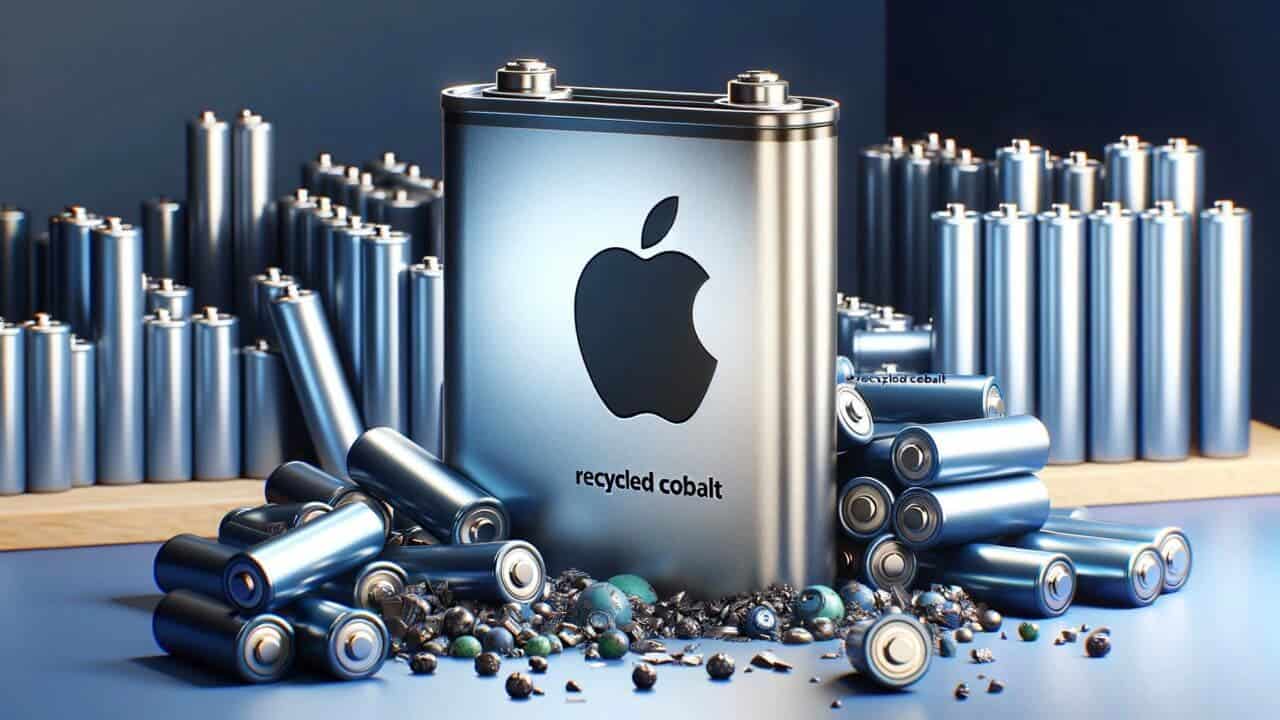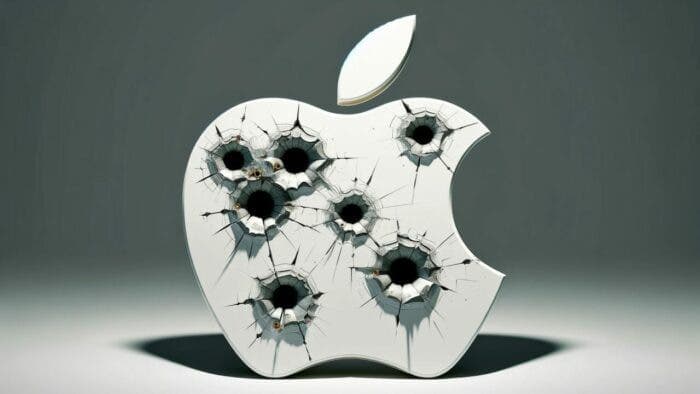The Democratic Republic of Congo (DRC) has ignited a renewed debate on conflict minerals, accusing tech giant Apple of using minerals mined through violence and human rights abuses in its products. This accusation, spearheaded by a group of international lawyers representing Amsterdam & Partners, highlights the complex challenges associated with responsible sourcing in the globalized electronics industry.
The Shadow of Conflict Minerals: The DRC’s Accusation Against Apple and the Call for Transparency in Tech Supply Chains

The Accusation and its Implications:
On April 22nd, 2024, a letter sent to Apple CEO Tim Cook by Amsterdam & Partners alleged that the company‘s supply chain is “contaminated with the country’s war minerals.” This accusation specifically targets the use of tin, tungsten, and tantalum (often abbreviated as 3TG). Minerals crucial for electronic components found in smartphones, laptops, and other consumer electronics. The lawyers claim that these minerals are being illegally mined in the eastern DRC, fueling conflict, financing armed groups, and perpetuating a cycle of poverty and violence.
The gravity of these accusations lies in the well-documented history of conflict minerals in the DRC. Years of civil war have seen armed groups exploit mineral resources to fund their activities. Leading to human rights violations including child labor, violence against civilians, and environmental damage. While legislation like the Dodd-Frank Wall Street Reform and Consumer Protection Act in the US aims to curb the trade of conflict minerals, concerns linger about the effectiveness of such measures in ensuring responsible sourcing.
Apple’s Response and the Transparency Gap:
So, Apple, in its 2024 report, vehemently denied the accusations. The company claims to have a robust due diligence program in place and maintains it has found no link between its supply chain and armed groups in the DRC. However, the lawyers argue that Apple’s report lacks “concrete, verifiable evidence” to support these claims. They further allege that some minerals sourced from Rwanda, a neighboring country, might actually originate from conflict zones within the DRC. Highlighting the difficulties of tracing mineral provenance within complex supply chains.
This lack of transparency is a major point of contention. With the DRC commissioning Amsterdam & Partners to specifically examine the country’s 3TG supply chain, the onus is on technology companies like Apple to demonstrate greater accountability in their sourcing practices. This includes implementing robust traceability mechanisms, collaborating with local authorities and NGOs, and conducting independent audits of their supply chains.
The Road to Responsible Sourcing:
The DRC’s accusation against Apple represents a significant step in holding global corporations accountable for the human rights and environmental impact of their supply chains. This incident serves as a stark reminder that the responsibility doesn’t lie solely with governments and legal frameworks. Companies like Apple need to actively prioritize responsible sourcing practices.
Several solutions can help achieve this goal. Investing in blockchain technology offers a potential avenue for robust traceability, allowing for real-time tracking of mineral origins. Additionally, collaborating with Fairtrade-certified mines and ethically sourced materials suppliers can ensure a more sustainable and responsible supply chain. Furthermore, fostering partnerships with local communities in resource-rich regions can create economic opportunities and discourage reliance on illegal mining activities.
The Future of Tech and the Ethical Imperative:
Additionally, the pressure on major technology companies to address conflict minerals is likely to intensify. Consumer awareness is increasing, and regulatory landscapes are evolving to demand greater transparency and accountability. The future success of tech giants like Apple hinges on their ability to demonstrate a commitment to ethical sourcing practices. Building a future where technological advancement is not synonymous with human rights abuses and environmental degradation is the true path to sustainable growth for the industry.
The Human Cost of Consumer Electronics: A Case Study in Conflict Minerals
The recent accusation by the Democratic Republic of Congo (DRC) against Apple regarding conflict minerals reignites a critical conversation about the human cost of our everyday electronics. While the sleek smartphones and laptops that power our modern lives offer undeniable convenience, their production can have a devastating impact on people and environments far removed from our consumer experience.

A Legacy of Violence:
Also, the eastern DRC has long been a battleground for control of its rich mineral deposits. Tin, tungsten, and tantalum – the aforementioned 3TG minerals – are vital components in electronic devices. And their extraction in the DRC has been marred by violence and exploitation. Armed groups have seized control of mining operations, using forced labor, including children, to extract these minerals. The profits from this illicit trade fuel further violence, perpetuating a vicious cycle that destabilizes the region and leaves a trail of human suffering.
Beyond Legality: The Ethical Imperative:
While legislation like the Dodd-Frank Act aims to curb the trade in conflict minerals, legal frameworks alone cannot ensure ethical sourcing. Companies have a moral obligation to go beyond mere compliance. Consumers increasingly demand transparency and accountability from the brands they support. A lack of verifiable evidence in Apple’s report, as highlighted by the lawyers, raises concerns about the company’s commitment to ethical sourcing practices. This lack of transparency erodes consumer trust and hinders progress towards a more sustainable future for the electronics industry.
The Blockchain Solution and Beyond:
So, technological advancements offer potential solutions. Blockchain technology, with its decentralized and immutable ledger system, can revolutionize mineral traceability. By providing a secure and transparent record of a mineral’s origin throughout the supply chain, blockchain can help identify and eliminate conflict minerals. However, technology is just one piece of the puzzle. Building partnerships with Fairtrade-certified mines and ethically sourced materials suppliers is another crucial step. Additionally, fostering collaborative efforts with local communities in resource-rich regions can address the root causes of illegal mining. Empowering these communities through economic opportunities can create a sustainable alternative to the dangers and exploitation associated with unregulated mining activities.
The Responsibility of the Consumer:
Consumers also play a significant role in pushing for change. Educating oneself about the ethical sourcing practices of major tech companies is crucial. Supporting brands that demonstrably prioritize responsible sourcing sends a powerful message to the industry. Additionally, advocating for stricter regulations and holding companies accountable for human rights violations are essential steps towards a more ethical electronics industry.
Conclusion: A Call to Action:
The DRC’s accusation against Apple is a stark reminder that the responsibility for ethical sourcing lies not just with governments and legal frameworks, but also with the corporations that drive the global technology industry. Consumers, too, have a role to play in demanding transparency and accountability. Building a future where technological advancement is synonymous with social responsibility and environmental sustainability requires a collective effort. By working together, we can ensure that the devices that shape our lives are not built on a foundation of human suffering and environmental degradation.





